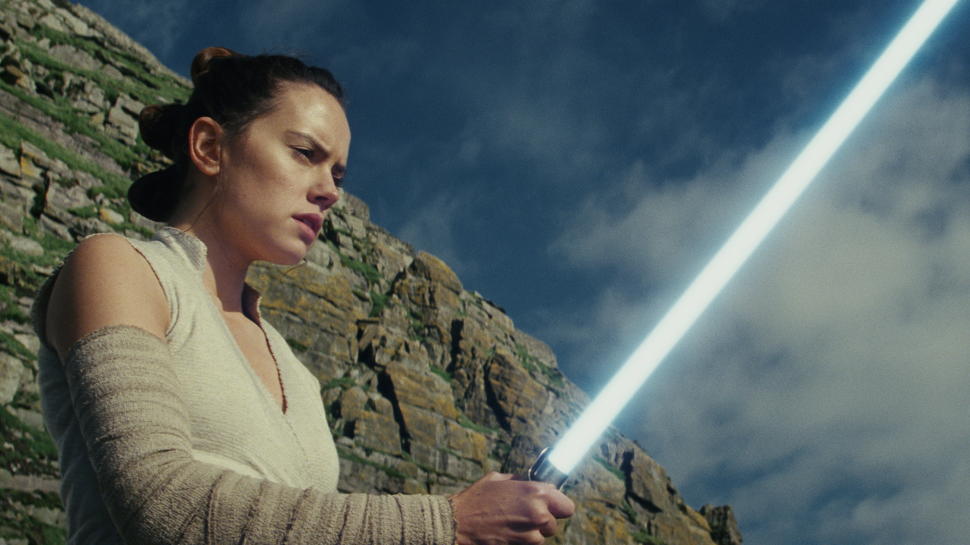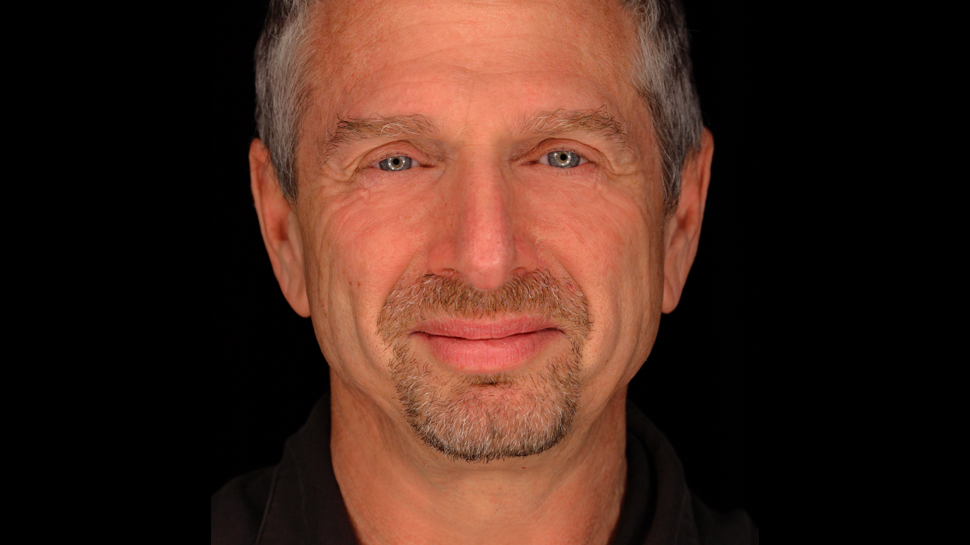What will Brexit mean for the British VFX and CG industry?
We examine how two of the UK's powerhouse creative industries will fare after Brexit.

On 23 June 2016, the UK voted in favour of leaving the European Union and putting restrictions on the free movement of EU citizens into the country.
While Parliament is currently collating its report from an inquiry on ‘The impact of Brexit on the creative industries, tourism and the digital single market inquiry’, some are already considering the effects that Brexit will have on the VFX and CG industries (see our designer's guide to Brexit for more on the topic).
The creative industries
According to the Creative Industries Federation (CIF), the creative sector makes £87bn a year that would be at risk if we were to restrict immigration and movement, due to the industry’s heavy reliance on freelance staff, many of whom are from the EU.
A survey of 250 firms conducted by the CIF found that three quarters of companies employed EU workers and two-thirds said they could not fill those jobs with British recruits.
With the potential restriction of talent from EU countries, the visual effects and animation industry in the UK will undoubtedly be heavily affected.
In 2014, the then-business secretary Vince Cable said: “The UK’s creative industries are amongst the strongest in the world, worth £71.4 billion per year to the UK economy and supporting more than 1.7m jobs. Visual effects and games in particular are a great British success story.”
UK & Ireland is also currently the largest market for animation in the EU with average 30.5 million admissions between 2010 and 2014.
Get the Creative Bloq Newsletter
Daily design news, reviews, how-tos and more, as picked by the editors.
Impact on employment
In a recent interview with 3D Artist, Blue Zoo cofounder Tom Box said: “We noticed that out of everyone that applied for animation roles in our studio, less than 10 per cent were of a standard we’d consider ready for employment.”
“I heard same from other studios too. This is tens of thousands of people which is crazy when there’s a skills shortage and studios are struggling to recruit. This will be amplified with Brexit closing off freedom of movement because an average 35% of studios’ staff are non-UK.”
According to Creative Skillset, employment in the VFX industry is expected to reach 7,600 in 2022 with the gross value of production in the UK expected to rise from to £323m by 2022.

The level of EU talent
Phil Dobree, head of Jellyfish Pictures, said in an interview with The Guardian: “If the industry is among the world’s very best it is because it has easy access to the very best. More than 30% of people working in the UK sector, including at Jellyfish, are EU nationals. Brexit could wreck that.”
Jellyfish Pictures recently completed work on Star Wars: The Last Jedi, as well as having previously worked on Black Mirror and Rogue One.
“We have EU animators, modellers, riggers, lighters, compositors, CG supervisors,” Dobree said to The Guardian. “All the key skill areas. From Spain, Italy, France; from junior to very senior. These people are difficult to train and extremely sought after.”
“Often, when you’re doing a short-term job – a commercial, a TV series – you need people for a month or two.”
“Right now, we can fly them in pretty much the next day. So what happens after 2019?”
Opportunities abroad
On Sky News, Manuel Reyes Halaby, a computer graphics supervisor, said that the uncertainty over his immigration status has made him consider other options.
“It makes me feel uncertain about what is going to happen, so you start checking out other possibilities.”
“There are all the other places in the world you can work, and there’s a lot of work going on, so you always tend to have more cards up your sleeve.”
While the UK is currently a global powerhouse for visual effects, if the talent from the rest of the continent cannot live and work in the country, then they will simply look for opportunities elsewhere and take the quality of work with them.
As Dobree concludes in The Guardian, “Britain’s CG and VFX industry will simply move on.”

Hope for the future
But at a select committee culture secretary Karen Bradley says, it’s not all doom and gloom: “I have met a number of people in the creative industries – I’m not going to say who they are as it wouldn’t be appropriate for me to say – who have told me that they’re not worried about the loss of freedom of movement because they believe the sector will thrive.”
At Vertex 2018, Digital Domain cofounder and industry veteran Scott Ross will discuss British VFX after Brexit with 3D World Editor Rob Redman.
Ross will offer up his insights into the way studios are managed, people/talent are recruited, trained, cared for, as well as the logistics of modern VFX houses.
He will look at what is considered to be a threat: the workforce, which is historically a migratory one and how non-UK nationals might find that they are just as able to work for the big studios as they do now but also how a non-EU based trade deal could open up opportunities for other partnerships.
Listen to his expert views at the Olympia, London on 13 March. Book your ticket now at vertexconf.com, where you can find out more about the other amazing speakers, workshops, recruitment fair, networking event, expo and more.
Read more:

Thank you for reading 5 articles this month* Join now for unlimited access
Enjoy your first month for just £1 / $1 / €1
*Read 5 free articles per month without a subscription

Join now for unlimited access
Try first month for just £1 / $1 / €1

Carrie is a marketing manager for AXS Europe and before that, was content marketing editor for EPM.Digital. She previously worked as editor of 3D Artist Magazine, and has written for publications across tech, entertainment, knowledge and more, including Retro Gamer, Play Magazine, Scholastic Books, iCreative, Gadget Magazine, History of Royals Magazine and more.
